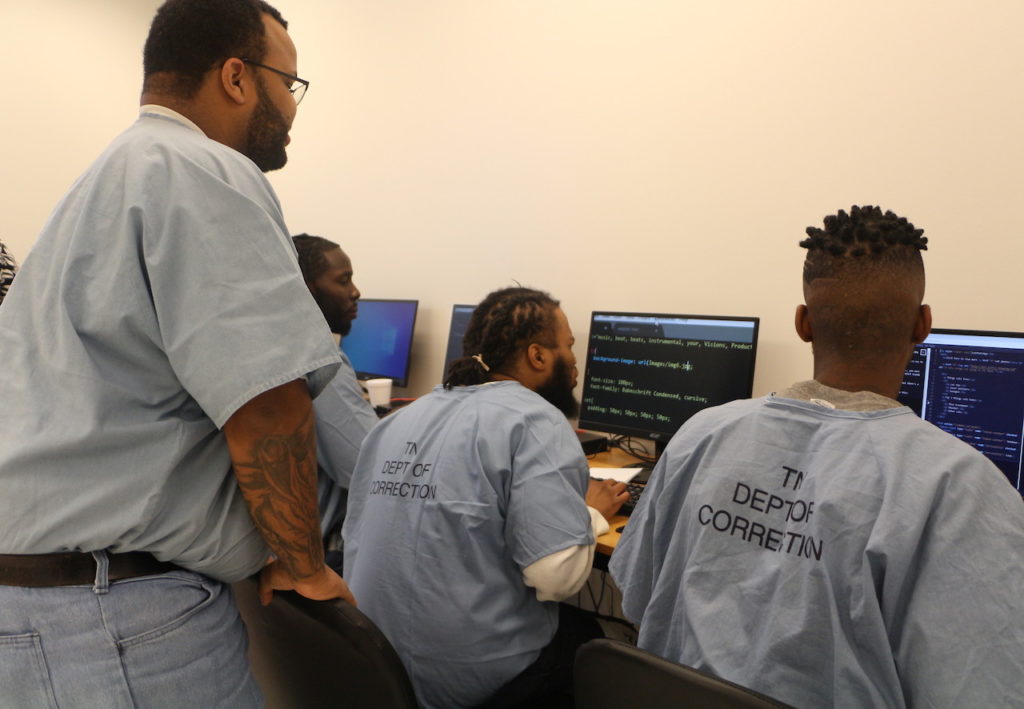
The Tennessee Comptroller’s Office says the state’s prisons need more oversight and better management to ensure the safety of inmates and the public.
A highly critical audit of the Tennessee Department of Correction was released Friday.
The 210-page report contains 18 negative findings and numerous observations. It identifies a failure to compile “valid and reliable” data on incidents, including deaths, use of force by officers and facility lockdowns.
More: Read the full audit of the agency that oversees Tennessee’s prisons.
“Because of these internal control deficiencies, management’s ability to provide accurate and complete information to key decision makers is problematic, impacting both management’s oversight of facility operations and its ability to provide a safe and secure correctional environment,” the audit states.
Auditors looked at the last two years and highlight issues with medical and mental health services for inmates, inadequate procedures for investigating sexual harassment claims and problems tracking parole and probation.
Staffing remains a key concern for both state-run and facilities run by prison operator CoreCivic. The Comptroller found that turnover rates among correctional officers at CoreCivic’s facilities surpassed 50% in 2018. The auditors recommend that the state and its contractor do a better job of meeting required staffing levels.
The findings will be presented to the state legislature Monday morning, but lawmakers are already expressing concern.
“The current state of prisons in Tennessee, outlined in this state audit, will shock and disgust you,” Sen. Raumesh Akbari, D-Memphis, says in a statement. “While it is abundantly clear that CoreCivic’s corporate profit motive is undermining the safety and rehabilitation of inmates, there is also blame to be shared by those in charge of corrections too.”
The Department of Correction, led by Commissioner Tony Parker, agreed with many of the recommendations but did push back on some of the findings.
The audit, for example, found that some prisons are only keeping video surveillance footage for two weeks instead of the required 90 days. Most of the cameras are analog, the department says, and don’t have the capacity to keep three months of video. But the agency plans to ask for money to replace all of them this year.
Jason Moon Wilkins and Blake Farmer contributed to this report.

